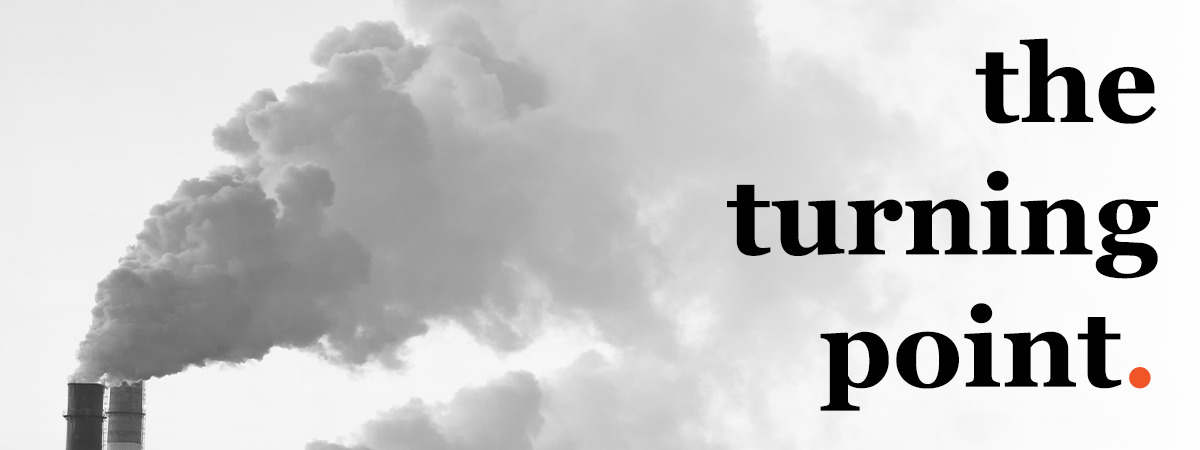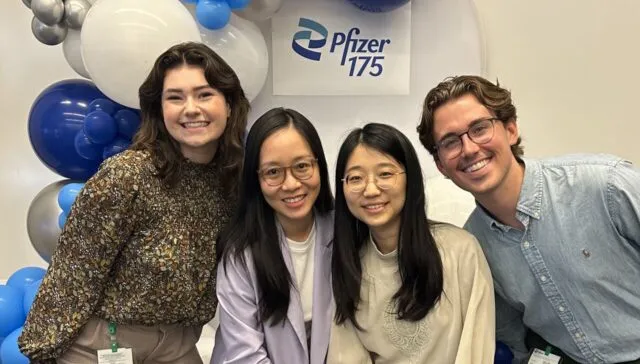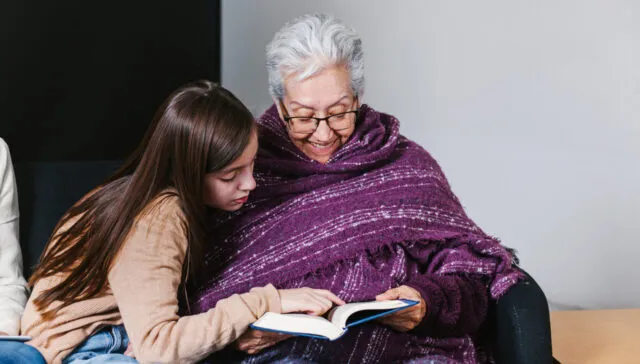There is no vaccine for climate change: COVID-19, climate, & the return to “normal”

What does COVID-19, climate, & the return to “normal” mean for us?
We have no vaccine for climate change. COVID-19 is our first truly global crisis—changing the way people around the world work and wed, travel and shop, at the same time—but another is coming. And while we expect that we will (mostly) return to “normal”, we should have no such illusion that we can avoid the other challenges that were looming pre-COVID-19. In slow motion, with every day of inaction counting against us, the expense and suffering of COVID-19 escalated; the health effects of climate change will only be worse in due course.
The earth is one degree hotter than it was during the Industrial Revolution. This may not seem like much, but it has been enough to lengthen our fire season and burn 20% of Australia’s forests in one summer, to make our days the hottest in recorded history with worsening crop failures, and to have bleached 90% of the Great Barrier Reef. Climate change has expanded the range and prevalence of some infectious diseases, including Lyme disease and West Nile virus in the US. Deforestation, deleterious for our atmosphere, has brought more wild animals (and zoonotic illness) into contact with humans.
And the world is not going to get cooler. Current estimates speak to a two-degree rise by the 2030s, three degrees by 2050; if the arctic permafrost thaws or tropical rainforests are razed, this timing could accelerate. Two degrees is not twice as bad as one degree; damage and displacement will be exponential, not linear. At two degrees higher, most East Coast residents will need sea walls to maintain their homes, at the cost of about one million dollars per resident. No one will want to pay this.
COVID-19 has taught us about timeliness during a crisis
COVID-19 has taught us about timeliness during a crisis. The first American death was in January 2020, but social policy did not make mask-wearing and distancing demands until March. With climate, we have wasted years. The Paris Accord represented our best global effort at trying to keep the planet to only a 1.5-degree increase expected by 2025. However, the United States abandoned the agreement just as we stepped away from the World Health Organization during COVID-19.
During our year of COVID-19, we have virtually stopped flying, limited commuting, and shut factories, yet carbon dioxide emissions fell only 10-15%. The CO2 in our atmosphere is the highest it has been in the last three million years. The COVID-19 effect offers a sense of the size of the effort required to meet the climate challenge. The lower we keep the temperature the better; it is not too late to try and never will be.
There is no vaccine for climate change, but there are other options as we continue to drive, heat, light, and build our growing global population. We have plummeting prices of renewable energy. Solar arrays, wind power, and battery costs are dropping. In many places, solar will soon be cheaper than running already built and paid for coal power plants.
As with COVID-19, political decision-making, corporate power, economic conditions, and our sense of shared worry will shape the trajectory of climate change. Climate change is not a disease, but will enlarge the pool of climate-sensitive illnesses, and the number of natural disasters. We will need to continue to find ways to protect ourselves, and in this case, masks and social distancing will not be enough.
This piece was adapted from The Turning Point.
As we re-emerge from the pandemic, 2021 stands to be a turning point year for public health. In The Turning Point’s weekly essays, Drs. Sandro Galea and Michael Stein reflect on what we learned during 2020, and what we are learning during 2021, that can guide us to the creation of a better, healthier world.
Learn more about what BUSPH is doing to mitigate the effects of climate change on the health of communities.
Dr. Michael Stein, Professor and Chair of Health Law, Policy and Management at Boston University School of Public Health, has worked at the intersection of behavioral medicine and primary care. His outcomes research has included substance use disorders and HIV/AIDS, sleep and pain, mental health disorders, and determinants of risk-taking.
Dr. Sandro Galea, a physician, epidemiologist, and author, is dean and Robert A. Knox Professor at Boston University School of Public Health. He has published extensively in peer-reviewed literature. He is also a regular media contributor about the social causes of health, mental health, and the consequences of trauma.




